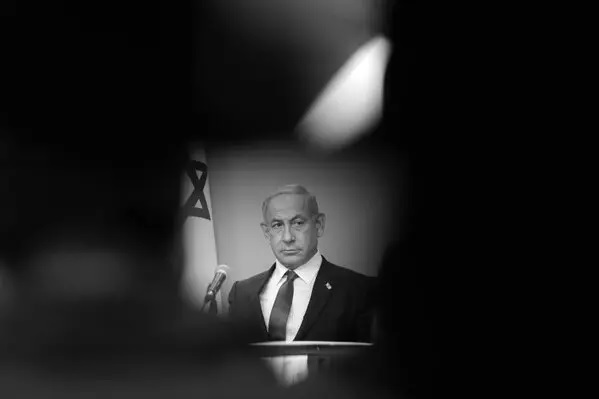The Immediate Impact on Netanyahu, Gallant, and Global Diplomacy
What Do the Arrest Warrants Mean?
The International Criminal Court (ICC) issued arrest warrants for Israeli leaders Benjamin Netanyahu and Yoav Gallant. They face allegations of war crimes and crimes against humanity during the Israel-Hamas conflict. These warrants obligate 124 ICC member states, including the entire European Union, to arrest them if they travel there.
The ICC lacks a police force to enforce arrests. Member states must detain suspects voluntarily. Israel and the United States are not ICC members and therefore do not recognize its jurisdiction. However, EU nations and other ICC members, like Canada and Japan, have confirmed they will enforce the warrants.

Will Netanyahu and Gallant Face Arrest?
Netanyahu and Gallant risk arrest if they enter ICC member states. Many of these countries, including Israeli allies like France, have pledged compliance. Their ability to travel is now severely limited, increasing political and logistical challenges.
The ICC’s actions recall past cases, such as Yugoslav leader Slobodan Milošević, extradited by his own government. If domestic or international pressure intensifies, similar scenarios could emerge. Israel has strongly denied the allegations and argues its military efforts aim to protect civilians.
Can the Arrest Warrants Be Blocked?
The United Nations Security Council can suspend ICC proceedings for one year through a resolution, renewable annually. Israel can challenge the court’s jurisdiction or admissibility of the case. However, the ICC claims jurisdiction because the alleged crimes occurred in Palestinian Authority-recognized territory.
Israel could launch its own investigations into the allegations. If credible, this might prompt the ICC to pause its proceedings. Without substantial evidence of domestic accountability, the ICC investigation will likely continue.
How Will This Affect International Relations?
The warrants complicate Israel’s global diplomacy and Netanyahu’s ability to meet other leaders. He can travel safely to non-ICC member states like the United States but risks arrest in member countries.
Hosting Netanyahu or Gallant may create political fallout for member states. Domestic opposition and international criticism could deter some nations from offering safe passage or hosting meetings.
The ICC’s move also strengthens legal efforts against Israel, such as calls for arms embargoes. It may bolster South Africa’s case at the International Court of Justice, which accuses Israel of genocide.
What’s Next for Israel?
The ICC warrants amplify scrutiny of Israel’s military operations and political leadership. They also increase pressure on the country to demonstrate accountability. Future legal challenges, travel restrictions, and diplomatic tensions are likely to shape Israel’s global interactions.
These developments signal growing international efforts to hold leaders accountable for actions during conflicts, regardless of political standing.
Our Visitor






 Users Today : 42
Users Today : 42



